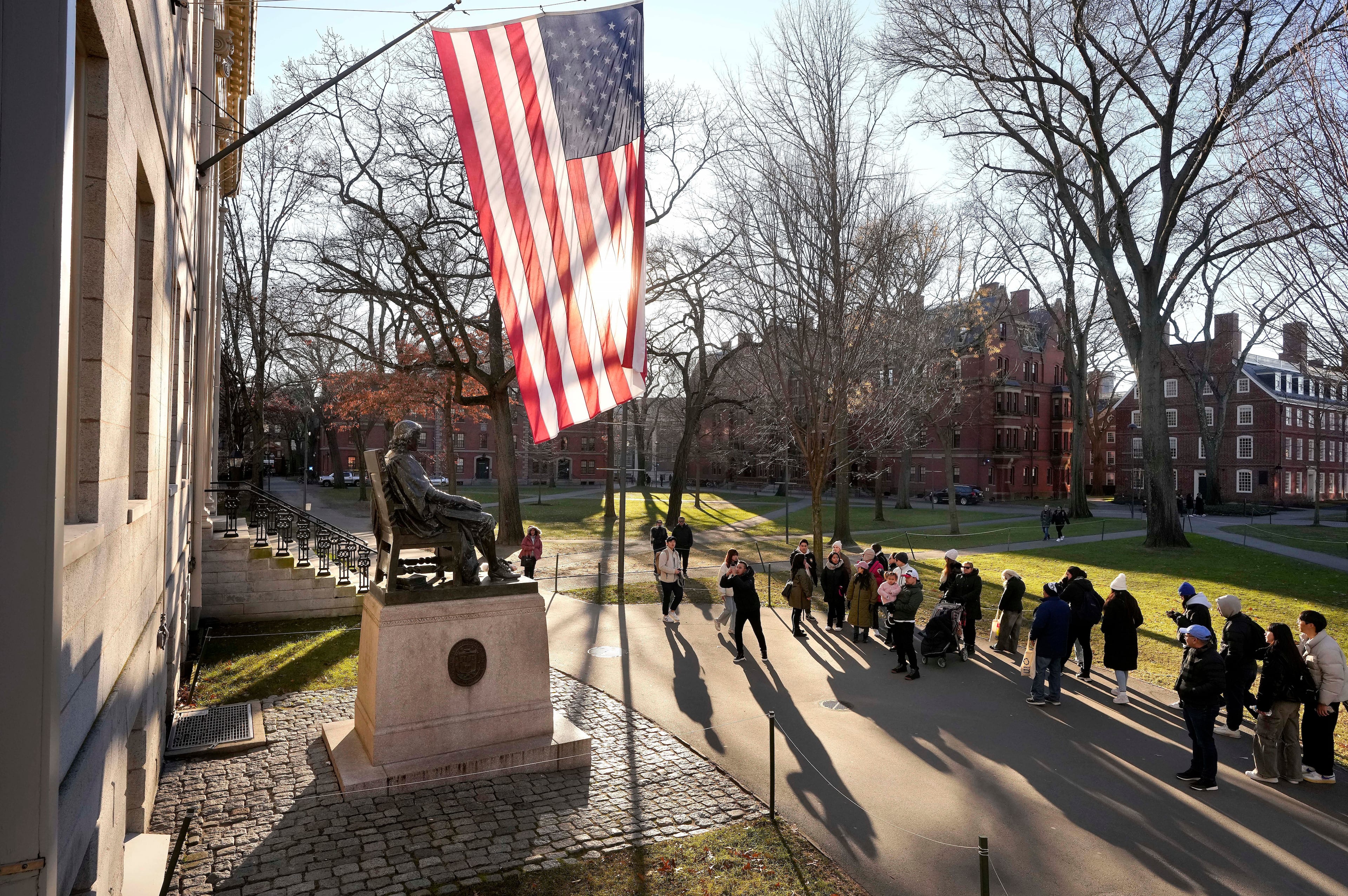New Southern accreditation agency will remain independent, adviser says

For two decades, Cameron Howell has wanted to transform the accreditation system that has long been a staple of American higher education.
He now has his chance. This summer, as Georgia and five other Southern states planned to create their own accreditor, Howell asked to temporarily step away from his role as secretary of the board of trustees at the University of South Carolina to help lead the effort.
Now a senior adviser to the Commission for Public Higher Education, Howell and the newly formed agency could shake up the quality assurance process universities must adhere to get federal funding. The push comes after some conservatives have bashed the “accreditation cartel” for what they say are “woke” policies and burdensome regulations, and after President Donald Trump issued an April executive order calling for “new accreditors to increase competition and accountability.”
“I think that this is an opportunity that higher education has to seize,” Howell told The Atlanta Journal-Constitution.
The following interview has been edited for brevity and concision.

Why go through the process of creating your own accreditor instead of using an existing one?
A: Accreditation is in need of innovation, and it is in need of opportunities for specialization. A commission like the one that’s being founded that focuses on public colleges and universities, specializes in a way that recognizes what is unique about public institutions.
We are painfully aware of standards that accreditors have adopted that create onerous burdens on institutions in a way that creates real costs.
A draft of CPHE’s proposed standards says “it is critical to ensure that this new accrediting body is accountable to the states of the member institutions.” What does it mean to be accountable to the states?
A: I would need to give that statement some thought and note that it’s certainly the intent this commission will remain independent of states and other forces.
The power is ultimately delegated to the board of directors. That board has six representative members currently, but there’s the goal to very quickly introduce three public members with no affiliation to any member institution.
U.S. Department of Education regulations specify that there must be one public member, a member who has no relationship with an institution, for every seven members of the board who may have a relationship.
How will the commission prevent government interference?
A: I would argue that there’s no substantive difference between the governing model for the CPHE than there is for any of the other accrediting agencies, which have, as members of their governing bodies, individuals (affiliated) with member institutions. Those individuals are presumably as vulnerable to government or other kinds of influence than the governing body of the CPHE.
There needs to be consciousness on the part of every board member and of the board collectively about what fiduciary behavior means and about insulating the board and its members from undue external influence.
The draft also mentions “viewpoint diversity.” What is that, exactly?
A: Perhaps there’s a phrase that’s better or more exact than viewpoint diversity.
Maybe what we’re talking about is ideology. And that we want institutions of higher education to refrain from imposing ideology on students. I said “maybe,” so understand that I’m talking about hypothetical situations here, and we should understand that ideology isn’t specific to any point along the political spectrum.
How can colleges and universities create learning environments that genuinely educate students by exposing those students to different viewpoints rather than suggesting that there’s just one way of looking at the world?
When does the commission expect to be recognized by the (U.S. Department of Education)?
A: For any accrediting agency in a position like that of the CPHE, a minimum of two years after accrediting activity begins.
Now, it is possible that U.S. Department of Education regulations may be revised and/or reinterpreted to shorten that two-year window. If you look at the executive order and Dear Colleague letter issued in the spring, the text of those documents describes how the recognition process might be expedited. So there is some time that is required.
Can it be reduced from two years? Yes. But can it be done in two months? No.



